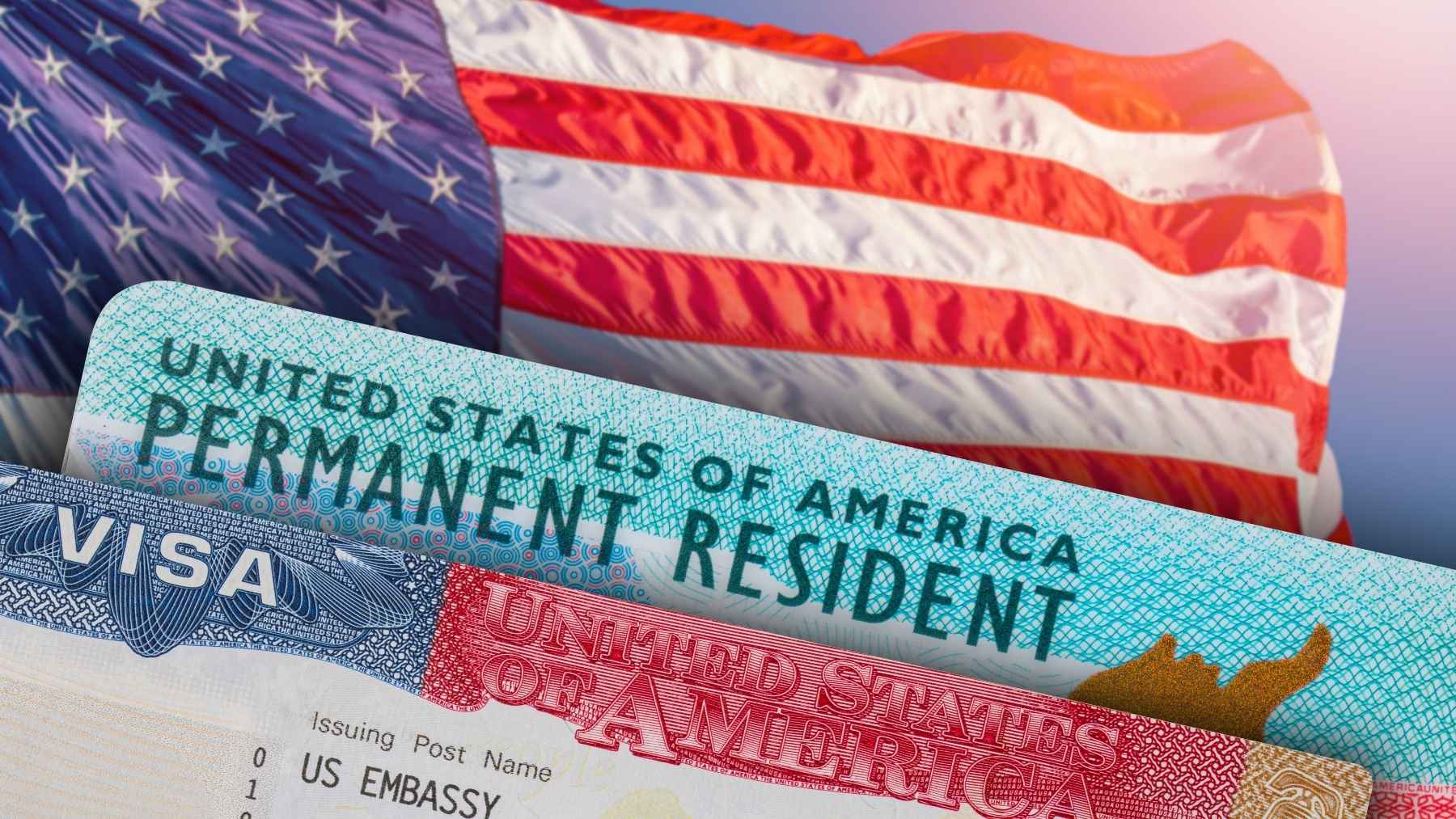Many people around the world may disagree on a range of topics, but in the global landscape of labour rights, they all can agree on one specific thing, that is more time off from work. The U.S. stands alone as one of the developed nations by offering no federally mandated paid vacation days or holidays. The sad reality is that American workers are at a disadvantage as compared to their international counterparts.
The Global Vacation Gap
According to the Centre for Economic and Policy Research, the U.S. is the only advanced economy that does not guarantee its workers any paid vacation time. Private companies decide how much vacation to offer and on average, workers get about 12 days off in total, with more than half stating that they don’t use their days at all.
Below are a few countries that take the fewest vacation days:
Philippines: Minimum of 5 legal days
China: Between 5 and 15 days
Thailand: 6 days
Nigeria: 6-12 days
Singapore: 6-14 days
Malaysia – 8–16 Days
Micronesia – 10-15 Days
Canada – 10–20 Days
Japan – 10–20 Days
Mexico – 12 Days
Nauru – 14 Days
India – 15 Days
Lebanon – 17–18 Days
Tunisia – 18 Days
The Culture of Overwork
Even though there are some Americans who receive paid time off, there are Americans who choose not to use their time off. A study conducted by Expedia concluded that workers take an average vacation of 11 days per year and 65% of American respondents mentioned that they were too busy to take time off and planning a vacation was overwhelming.
Employees fear that if they take time off, it may be seen as lack of commitment to their job, which may pose a threat to their job security. This specific mindset leads to burnout and decreased productivity.
Health and Economic Implications
According to the World Health Organization, long hours of working are linked to an increased risk of heart diseases and stroke. The study also concluded that almost three-quarters of those that died as a result of working long hours were middle-aged or older men. The year 2016 reported over 745,000 deaths as a result of overwork.
Workers not using their vacation days results in lost opportunities. In 2018, American citizens left 768 million unused vacation days, and this resulted in a $65.5 billion loss in benefits. This not only affects the well-being of citizens but also has economic effects as consumer spending is decreased and there is an increase in medical related costs.
Legislative Efforts and the Path Forward
Lawmakers are becoming aware of the negative effects of the current system and are now advocating for change. Senator Bernie Sanders introduced the Guaranteed Paid Vacation Act, which is aimed at ensuring that all employees accrue at least one hour of paid annual leave for every 25 hours worked, translating to a minimum of two weeks of paid vacation per year for full-time workers.
What This Means for You
For American workers, the lack of guaranteed paid vacation highlights the importance of advocating for one’s rights and well-being. It’s important to:
- Understand Your Benefits: Familiarize yourself with your employer’s vacation policies and use the time off that is available to you.
- Advocate for Change: Support legislation and initiatives that aim to provide equitable paid leave for all workers.
- Prioritize Well-being: Ensure that you understand the importance of rest and its impact on health and productivity.
Conclusion
There is a significant gap in workers’ rights as the U.S. is the only the only developed nation without guaranteed paid vacation. It is important to note that addressing these issues requires a joint effort with government and workplaces to ensure that workers maintain a healthy work-life balance.

